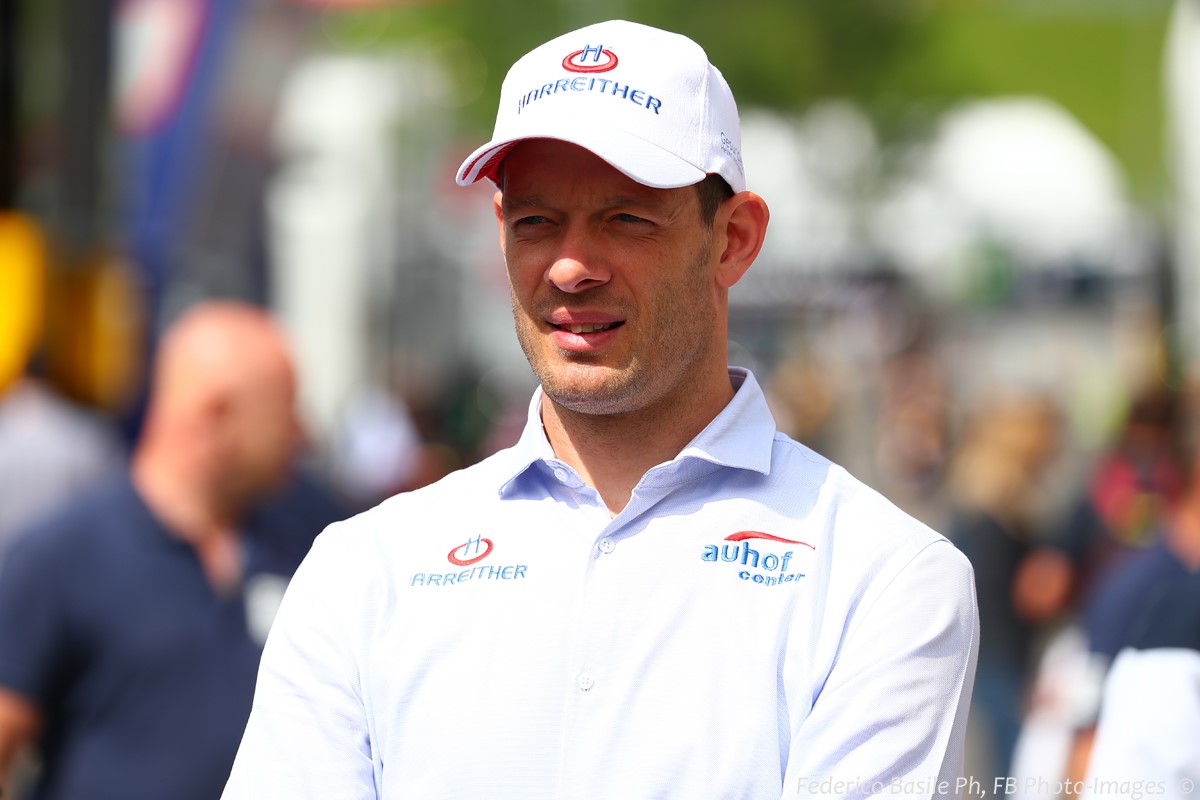F1: Eliminating sausage curbs #1 things F1 drivers want changed
The chairman of the Grand Prix drivers association, Alex Wurz, has called on F1 to eliminate sausage curbs from the sport. Speaking to Racingnews365, Wurz talked about the sausage curbs being at the top of the list of the things that needed to be changed in the sport.
“From the safety perspective, number one would be elimination of the sausage curbs. I would maybe hope, with learning about the sausage curbs being dangerous, we can go back to individual kerbs [designed] track by track. Sausage curbs have to go, as ramps.”
Alex Wurz acknowledged that it’s not possible to create a sport that is 100 percent safe. At the same time, he felt that the problem with the sausage curbs was not that they destabilize a car, but the problem was the change in trajectory.
“We cannot create an environment which is 100 percent safe. It’s like the [aviation] industry; you will never have 100 percent safety because the moment you’re up there, you have a consequence if something fails. You fall down. In racing, we have the same, but by common sense, we should just make the control mechanisms and the safety networks better. It’s okay [for a kerb to] destabilize a car, but it’s not okay [for it] to change the trajectory when you’re already in trouble.”
F1 has seen changes made to the sport by learning from past accidents. One example Alex Wurz cited was from the 1994 F1 Imola weekend (the fateful weekend of Ayrton Senna’s death). During the weekend, Rubens Barrichello ran over a curb and had a massive crash. This led to changes in curb design in F1:
“This initiated the kerb design changes. [It was] very lucky that he survived, [and] very lucky that there was a safety fence already, because back then it was not normal to have safety fences. Otherwise, [the crash] would have killed all the people behind them.”
“On such places, of course, it’s good to take away ramps and kerbs, and kerbs should not catapult you. But, with the asphalt zones behind, then [it’s] forced that the kerb becomes the decisive separator, and that is a bit of an issue with the thought process.”
Wurz did, however, acknowledge that the sport is in a healthy position right now:
“At the end of the day, the sport is in an extremely healthy position. Concerns which we had five to 10 years ago, which was that the sport itself is not maximising its potential, that is definitely answered and the direction is very good.”
